The interview content revolved around the province's orientation and solutions to develop the fisheries industry sustainably, responsibly and meeting international standards.
▪ Sir, to respond to the impacts of the ban on seafood imports under the MMPA Act, what actions has the province taken?

- The ban under the US MMPA Act is a big challenge for the Vietnamese seafood industry in general and Gia Lai in particular, especially affecting some key fishing occupations such as gillnets, purse seines, and line fishing.
Faced with that situation, the Provincial People's Committee issued Plan No. 84/KH-UBND dated October 2, 2025 with many synchronous and long-term solutions.
The core objective is to maintain and develop the fisheries industry in a sustainable, responsible and transparent manner, meeting international standards.
Accordingly, the province directed the synchronous implementation of four orientations: minimizing export losses; complying with regulations on the conservation of rare marine animals; supporting fishermen to change jobs, stabilize their livelihoods; and enhancing the reputation and image of Gia Lai seafood in the international arena.
▪ The US ban directly affects some of the province's key fishing industries. What solutions does the Department have to help fishermen and businesses adapt, sir?
- We identify supporting fishermen and businesses as a key task, both urgent and long-term. First of all, the Department will effectively implement the Project to convert a number of seafood exploitation occupations that affect resources and the ecological environment, in the direction of gradually reducing high-risk occupations such as gillnets and bottom trawls; at the same time, support fishermen in training new occupations, get preferential loans to switch to more friendly occupations or develop aquaculture, processing, and seafood logistics services.
For enterprises, the Department coordinates with the Department of Industry and Trade to promote trade, diversify export markets to Japan, EU, Korea, China, the Middle East...; support the building of Gia Lai seafood product brands that meet international standards, increase competitiveness and adapt to new regulations of import markets.
▪ Sir, one of the key requirements of the MMPA is to ensure traceability and responsible harvesting…
- Traceability and responsible exploitation are mandatory requirements. We synchronously deploy 3 main groups of solutions:
Firstly, promote propaganda by organizing training at fishing ports and coastal localities; instruct fishermen to recognize and behave properly when encountering marine mammals such as whales, dolphins, and dugongs.
At the same time, guide fishermen to record and report cases of unwanted exploitation, participate in marine animal rescue; issue leaflets and handbooks, and coordinate with press agencies to spread messages of marine animal protection to the community.
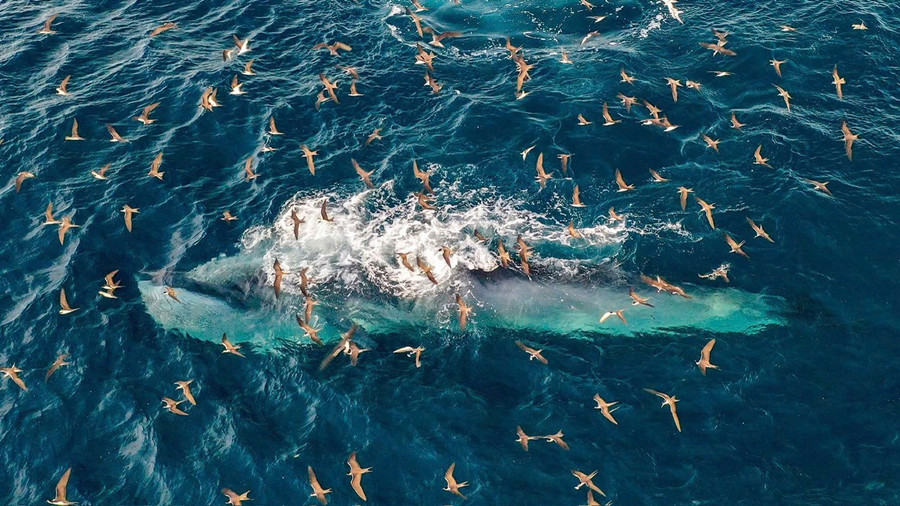
Second, strengthen control and supervision of fishing activities, ensuring that 100% of fishing vessels arriving at ports are inspected for output, fishing techniques, and fishing logs; all exported aquatic products have clear and transparent traceability from the fishing to processing stages.
Third, strengthen law enforcement. The Department of Agriculture and Environment coordinates with the Border Guard, Police and local authorities to increase patrols and control of sea areas; resolutely handle violations, and set up a hotline to receive feedback from fishermen and the community.
With the support of all levels, sectors and fishermen, we believe that Gia Lai seafood will gradually reach international standards, maintain its reputation and develop sustainably in the new period.
▪ Thank you!
Source: https://baogialai.com.vn/gia-lai-chu-dong-ung-pho-lenh-cam-nhap-khau-thuy-san-theo-dao-luat-mmpa-post571283.html







![[Photo] Opening of the 14th Conference of the 13th Party Central Committee](https://vphoto.vietnam.vn/thumb/1200x675/vietnam/resource/IMAGE/2025/11/05/1762310995216_a5-bnd-5742-5255-jpg.webp)

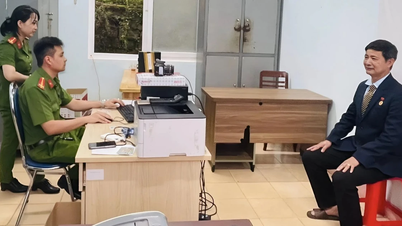
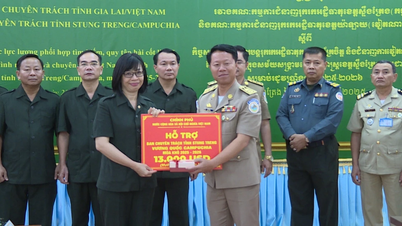
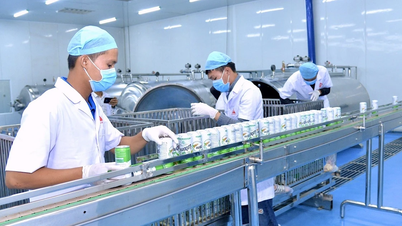



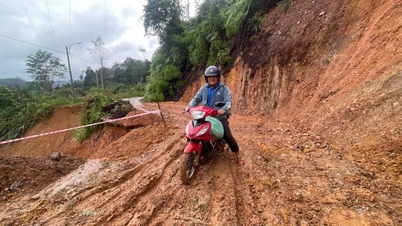

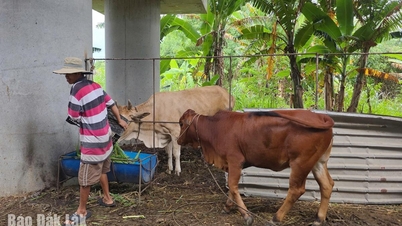

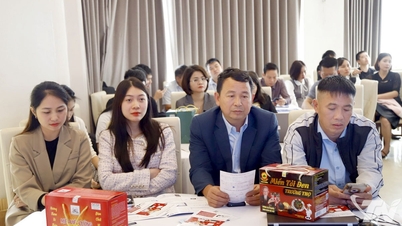

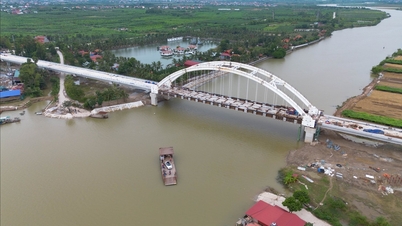














![[Photo] Panorama of the Patriotic Emulation Congress of Nhan Dan Newspaper for the period 2025-2030](https://vphoto.vietnam.vn/thumb/1200x675/vietnam/resource/IMAGE/2025/11/04/1762252775462_ndo_br_dhthiduayeuncbaond-6125-jpg.webp)




































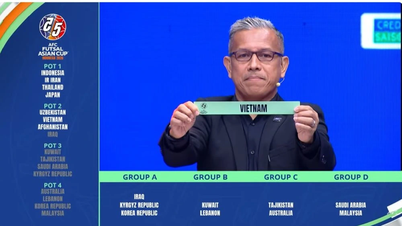






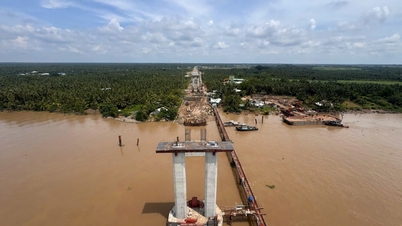






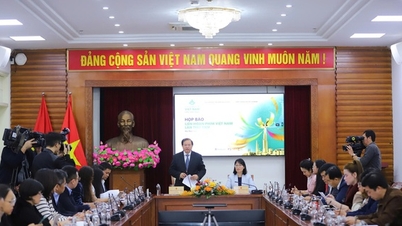
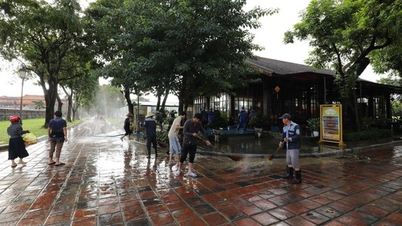
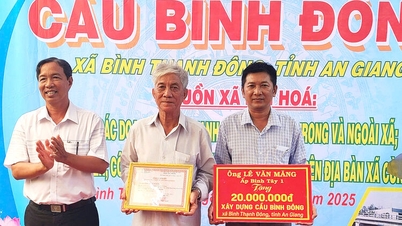

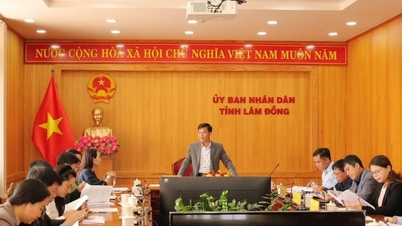

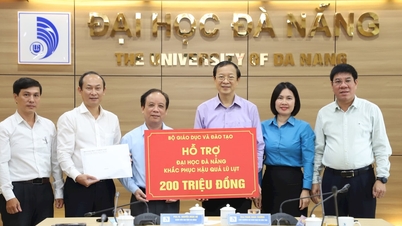
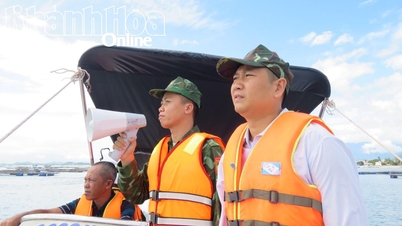



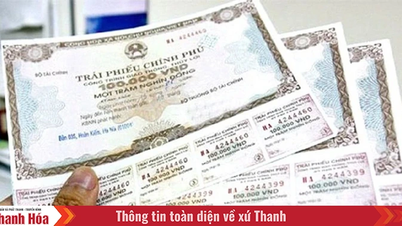













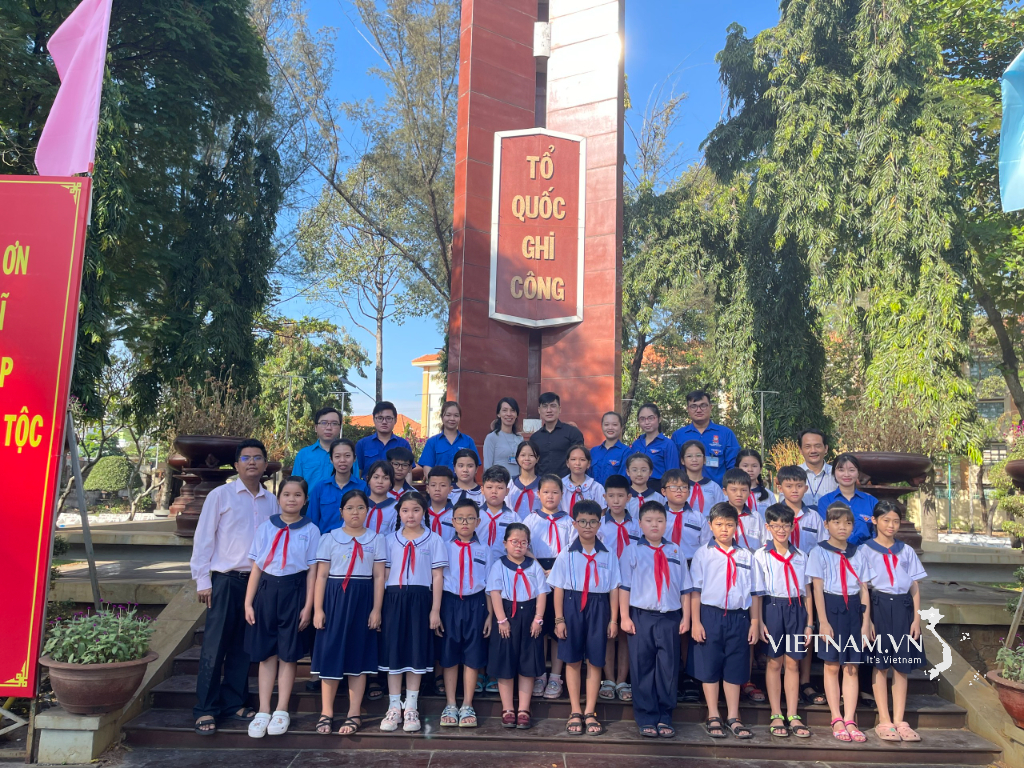

Comment (0)